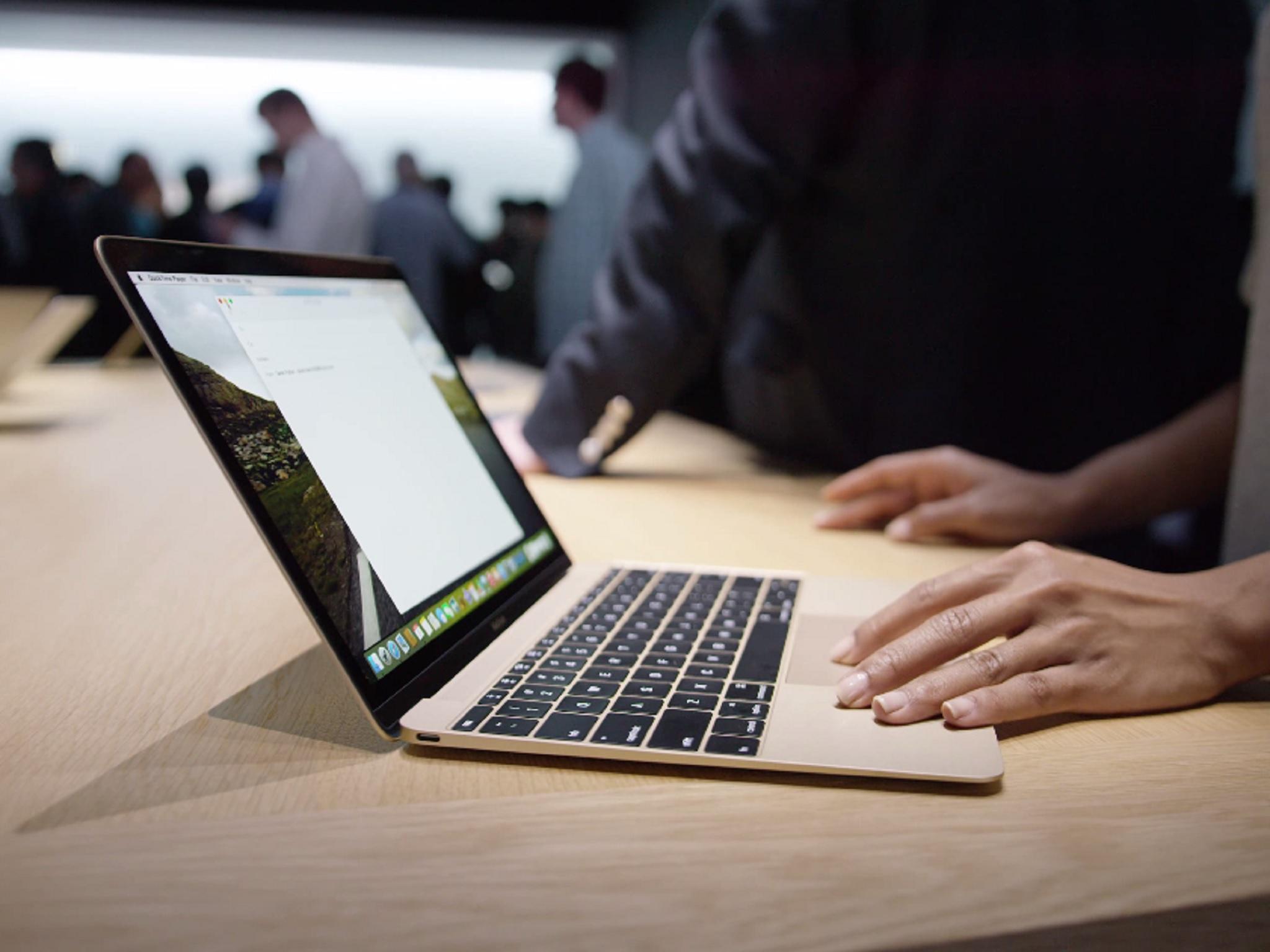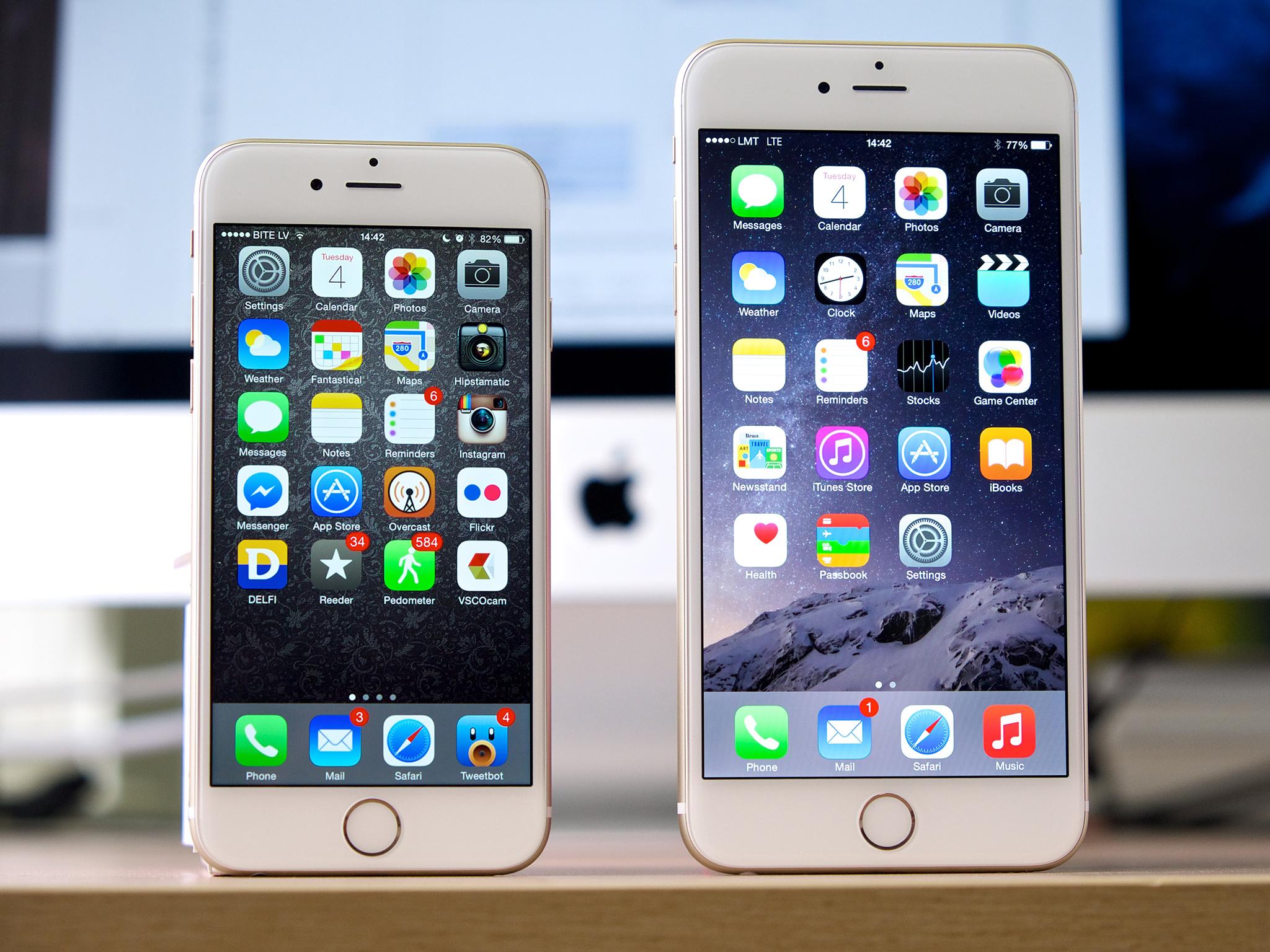New Apple batteries could last for weeks, as company files patent for new fuel cells for MacBooks and iPhones
Instead of needing to plug back into charge, users could just swap in a new battery pack, according to new documents

Your support helps us to tell the story
From reproductive rights to climate change to Big Tech, The Independent is on the ground when the story is developing. Whether it's investigating the financials of Elon Musk's pro-Trump PAC or producing our latest documentary, 'The A Word', which shines a light on the American women fighting for reproductive rights, we know how important it is to parse out the facts from the messaging.
At such a critical moment in US history, we need reporters on the ground. Your donation allows us to keep sending journalists to speak to both sides of the story.
The Independent is trusted by Americans across the entire political spectrum. And unlike many other quality news outlets, we choose not to lock Americans out of our reporting and analysis with paywalls. We believe quality journalism should be available to everyone, paid for by those who can afford it.
Your support makes all the difference.Apple is working on batteries that could power its MacBooks and iPhones “for weeks”, according to new patent documents.
The company has detailed new plans, apparently for its laptops, that could use a “fuel cell system” to dramatically expand the battery life of the devices. And when they have run out, users could just swap them out for a fully charged one.
The plans relate to a technology that could keep laptops going “for days or even weeks”.
Apple doesn’t suggest exactly how the fuel cells would work, apparently keeping its options open for a range of technologies that are currently being developed.

The document says that the would be made up of at least one of: “sodium borohydride and water; sodium silicate and water; lithium hydride and water; magnesium hydride and water; lithium borohydride and water; lithium aluminum hydride and water; aluminum hydride; an amine borane complex; a hydrocarbon; lithium aluminum hydride; magnesium borohydride; a magnesium borohydride-amine complex; compressed hydrogen gas; and liquid hydrogen."
But the filings do make reference to Apple’s MagSafe charging system – the technology used on most of its laptops to let the chargers magnetically clip on, and then slip back off if pulled so that tripping over the wire won’t bring the computer crashing back down. That likely means that Apple is considering the technology for use on its laptops, though it could also indicate that it is planning to bring similar connectors to its iPhones and iPads.
The battery packs would be “a fuel cartridge which is detachably affixed to the fuel cell system”, according to the documents, meaning that they could be taken back off and either charged or thrown away when they were finished with.
Apple files a huge number of patents, many of which never actually make it to market. But Apple and other smartphone and computer makers are well known to be working hard to improve the battery life of their devices – trying to fix what is regularly customers’ biggest complaint.
Join our commenting forum
Join thought-provoking conversations, follow other Independent readers and see their replies
Comments